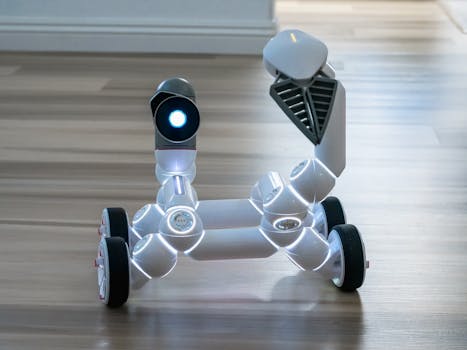
Smart Homes 2025: The Rise of AI-Driven Devices
Smart Homes 2025: The Rise of AI-Driven Devices is transforming the way we live, work, and interact with our living spaces. With the integration of artificial intelligence (AI) and machine learning (ML) technologies, smart homes are becoming increasingly sophisticated, automated, and responsive to our needs.
Introduction to Smart Homes
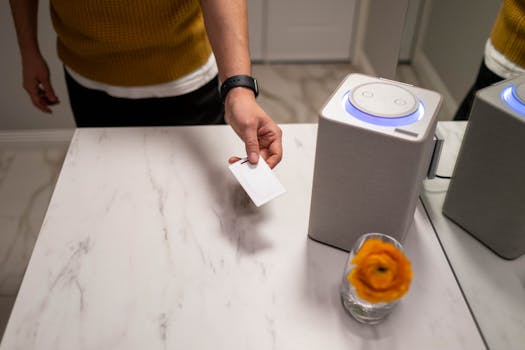
A smart home is a dwelling that incorporates advanced technologies, such as sensors, cameras, and voice assistants, to create a comfortable, convenient, and secure living environment. Smart homes can be controlled and monitored remotely through smartphones, tablets, or voice commands, allowing homeowners to adjust lighting, temperature, security, and entertainment systems with ease.
The Role of AI in Smart Homes

The integration of AI in smart homes enables devices to learn and adapt to the habits and preferences of occupants. AI-powered devices can analyze data from various sensors and make decisions to optimize energy consumption, improve security, and enhance the overall living experience. For example, AI-powered thermostats can learn a homeowner’s schedule and preferences to adjust the temperature accordingly, while AI-powered security systems can detect suspicious activity and alert authorities.
AI-Driven Devices in Smart Homes
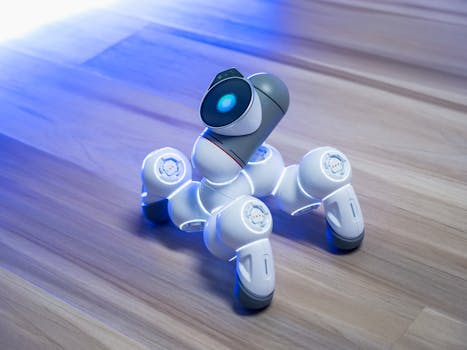
Several AI-driven devices are transforming the smart home landscape. Some examples include:
- Amazon Echo and Google Home: Voice assistants that can control various smart devices, play music, and provide information on news, weather, and traffic.
- August Smart Lock: A smart door lock that can be controlled remotely and uses AI to detect and alert homeowners of potential security breaches.
- Nest Learning Thermostat: A smart thermostat that uses AI to learn a homeowner’s schedule and preferences to optimize energy consumption and save money.
- Philips Hue Smart Lighting: A smart lighting system that can be controlled remotely and uses AI to adjust color and brightness based on the time of day and occupancy.
Benefits of AI-Driven Smart Homes
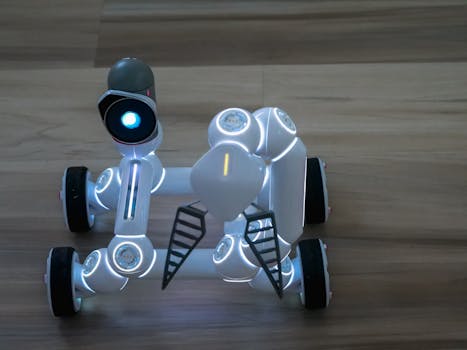
The benefits of AI-driven smart homes are numerous. Some of the most significant advantages include:
- Energy Efficiency: AI-powered devices can optimize energy consumption, reducing waste and saving homeowners money on their utility bills.
- Enhanced Security: AI-powered security systems can detect suspicious activity and alert authorities, providing an additional layer of protection for homeowners and their families.
- Increased Convenience: AI-driven devices can automate routine tasks, such as adjusting lighting and temperature, freeing up time for more important activities.
- Improved Health and Wellness: AI-powered devices can monitor air quality, detect potential health hazards, and provide recommendations for improving indoor air quality.
Conclusion
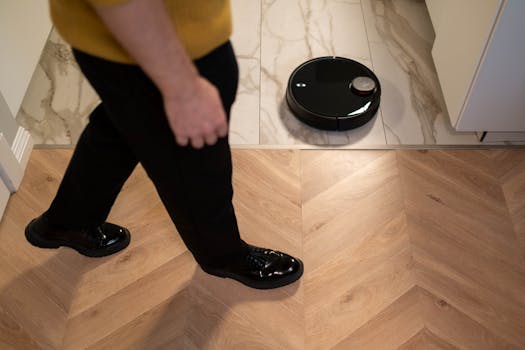
In conclusion, Smart Homes 2025: The Rise of AI-Driven Devices is revolutionizing the way we live, work, and interact with our living spaces. With the integration of AI and ML technologies, smart homes are becoming increasingly sophisticated, automated, and responsive to our needs. As the technology continues to evolve, we can expect to see even more innovative AI-driven devices that transform the smart home landscape and improve our quality of life.






